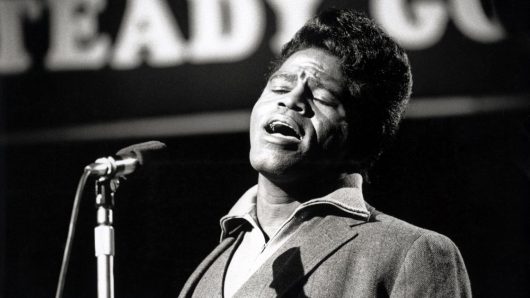Transition. It’s the sort of one-word title you might expect to be affixed to a Pet Shop Boys album. It’s certainly a label one can attach to 1999’s Nightlife – the duo’s seventh studio outing. A change of management; change of personnel at their UK record label, Parlophone; a new label entirely in the US; a change of producer (Brian Eno briefly worked on the record); an about-turn, stylistically, from the simple graphic and visual presentation of their previous album, Bilingual (the costumes were back); and a return to tighter electronica after that record’s more organic, Latin-infused sound.
By the close of the album’s campaign, Pet Shop Boys had appeared at Glastonbury Festival, national treasure status had arrived, and Nightlife had been embraced as one of the best Pet Shop Boys albums, its 12 diverse songs confidently signposting Neil Tennant and Chris Lowe’s flamboyant future in the new millennium.
From club bangers to surprising indie-rock, it’s all in this track-by-track guide to every song on the album.
Listen to ‘Nightlife’ here.
‘Nightlife’: A Track-By-Track Guide To Every Song On The Album
For Your Own Good
Three producers contributed to Nightlife, and For Your Own Good is one of a trio of songs on the album helmed by dance legend Rollo (most famous for Faithless’ Insomnia). Its urgent trance construction is very much of its era, but the track is an effective signal that Nightlife aimed to reclaim Pet Shop Boys’ club credentials. Neil Tennant and Chris Lowe later said they always knew this would be the perfect opening song for the record.




